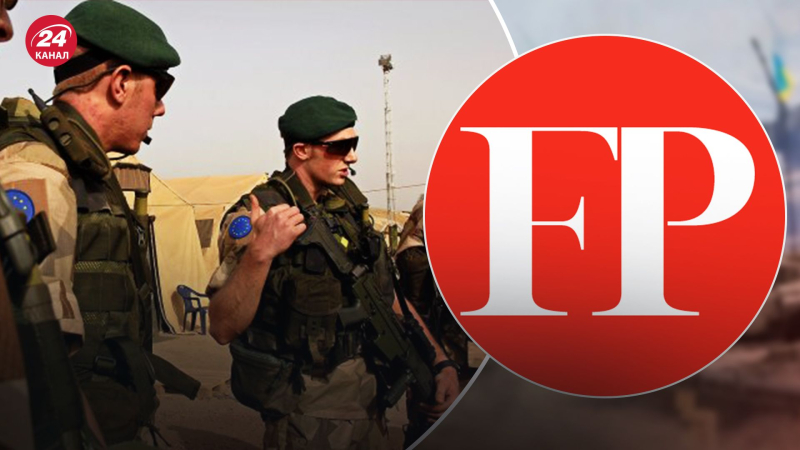Will Europe have enough people for war if Russia decides to attack: Foreign Policy forecast Vladislav Kravtsov 00:0001:001x 1xAudio synthesized using AI.More Audio News Foreign Policy journalists noted that Russia's attack on European countries could turn from a hypothetical scenario into reality. However, in such a scenario, these states simply may not have enough people to fight against the aggressor. One of the first who could potentially sense a Russian invasion, countries such as Finland, Poland, as well as the Baltic countries may become. After all, it is these states that face constant threats from the Kremlin. Journalist Jakub Grygiel, who wrote the story, noted that 80% of Finns surveyed in 2022 said they were ready to defend their country. That same year, the Warsaw Institute of Enterprise found that 66% of Poles are willing to stand up for their nation, and many are now volunteering for basic training. Residents of other nations from the Baltic to the Black Sea express the same determination to protect their lands and fellow citizens from Russian attack. There is a will, but is there any method? It remains uncertain whether there will be enough soldiers to fight Putin's forces. Europe's front-line countries may have a much bigger recruitment problem than what Ukraine now faces – a problem that goes beyond the already grim demographic trends in these states, which have lost millions of people in their populations in recent decades, the story says. . The publication noted that Russia's full-scale invasion of Ukraine clearly showed that technology cannot replace soldiers in a major land war. After all, people are needed to crew tanks and trenches, move and maintain artillery, control aircraft and drones, as well as to occupy and hold territory. “Ukraine, for example, needs a thousand new soldiers every month to rotate forces, compensate for losses and prevent further Russian advances. More will likely be needed (along with regular supplies of ammunition from the West) for Kyiv to return to the offensive and push Moscow’s forces out of the occupied parts of Ukraine,” the author wrote. . At the same time, commenting on sociologists' data, Foreign Policy emphasized that many citizens of Eastern European countries may leave their countries when the prospect of war becomes real. And their migration to the West will be much easier than it would have been when these countries were not yet members of the European Union. At the same time, there is demand from Western Europe, which is facing population shortages and labor needs. In recent years, many residents Central Europeans also acquired a second residence abroad. Poles, for example, are buying real estate in Spain in record numbers. If their growing wealth and desire to diversify their savings is one reason, concern about the future after the return of Russian aggression is likely another. After all, in Spain they would be safe from false rockets and artillery duels, the article says. Jakub Grygiel also noted that many Western countries are now facing problems with military recruitment. There are simply not enough people ready to serve and fight if necessary. “Poland now plans to train Ukrainian citizens of military age living on its territory for possible service in Ukraine. But it would also set a precedent for the creation of foreign fighting forces on Polish territory, which other states could follow as a way to replenish their demographically reduced forces,” the author writes. He also noted that front-line EU countries, if attacked by Russia, could face a shortage of soldiers significantly greater than Ukraine. After all, it is difficult to have a nation under arms if the bulk of the nation can easily migrate. Of course, the affected countries can always impose border controls to keep recruits from escaping, which even EU legislation allows. But unless there is a clear and detailed plan, these kinds of controls will take days, if not weeks, to implement, and they are likely to meet with outrage in Brussels and the capitals of Western Europe, the material says. As Russia, which is waging war, advances west, the European countries on the front line need to plan how to hold their people. That is, as noted in the publication, one of the tasks of the advanced countries of Europe is to support living patriotism. Without cultivating this sense of patriotism and duty, Europe's front-line states may face a shortage of soldiers they did not expect. 
Will Europe have enough people to fight Russia
What is the situation in EU countries with military recruitment
Will Europe have enough people for war if Russia decides to attack: Foreign Policy forecast
82

